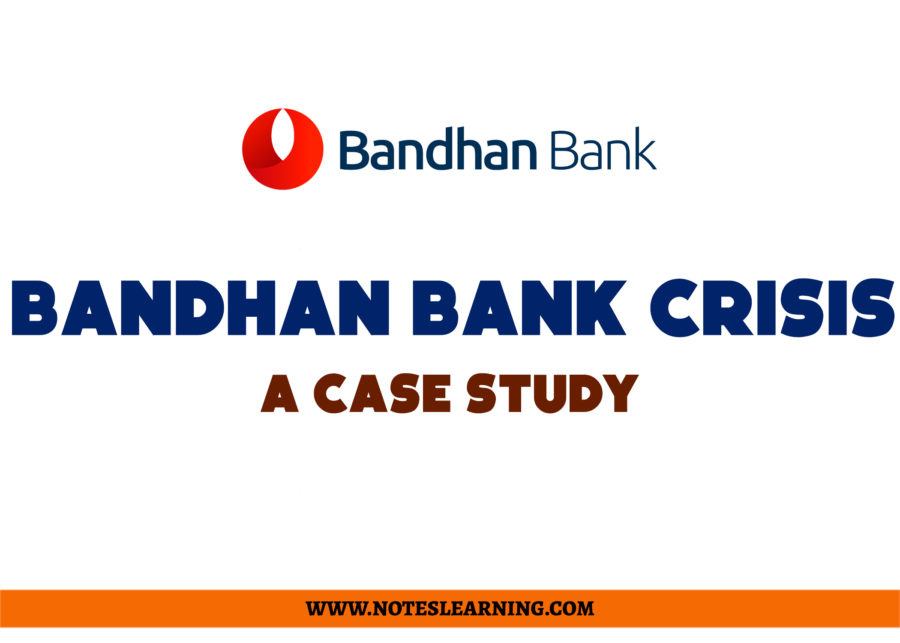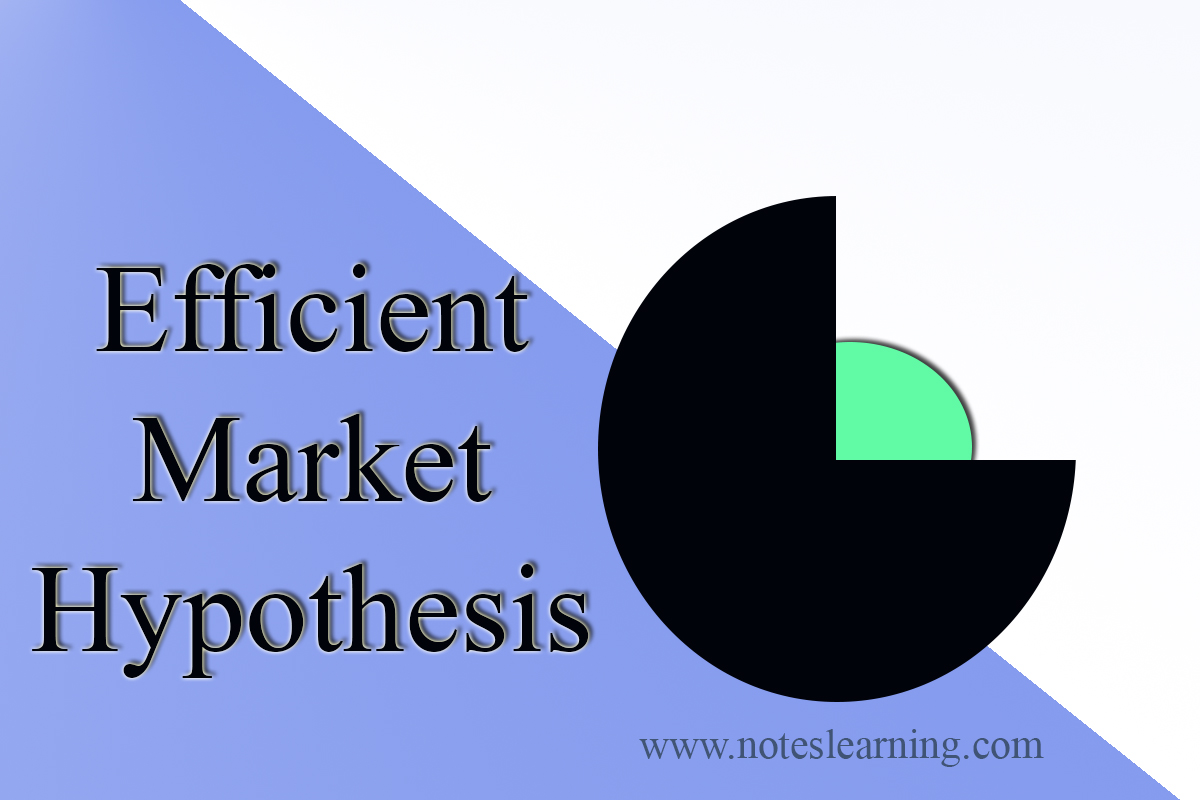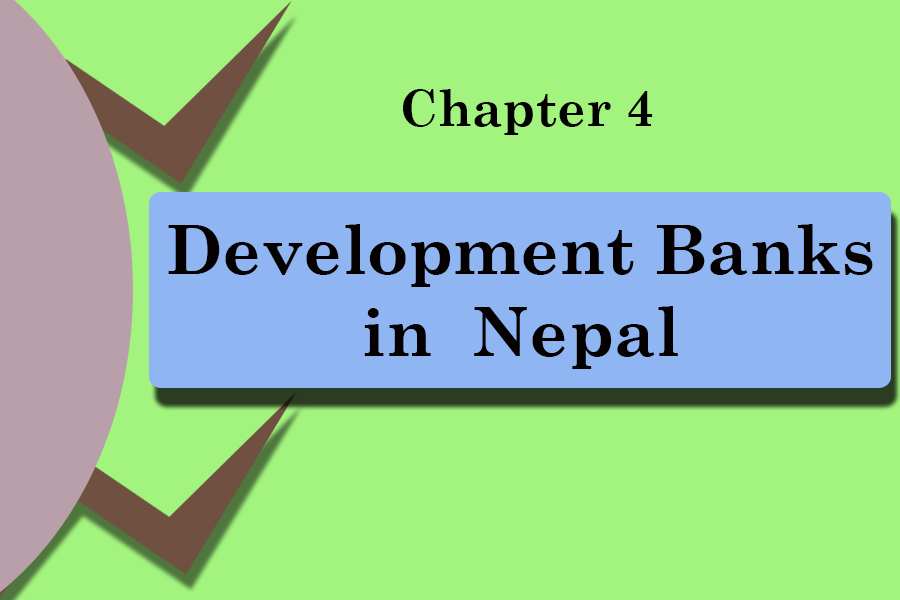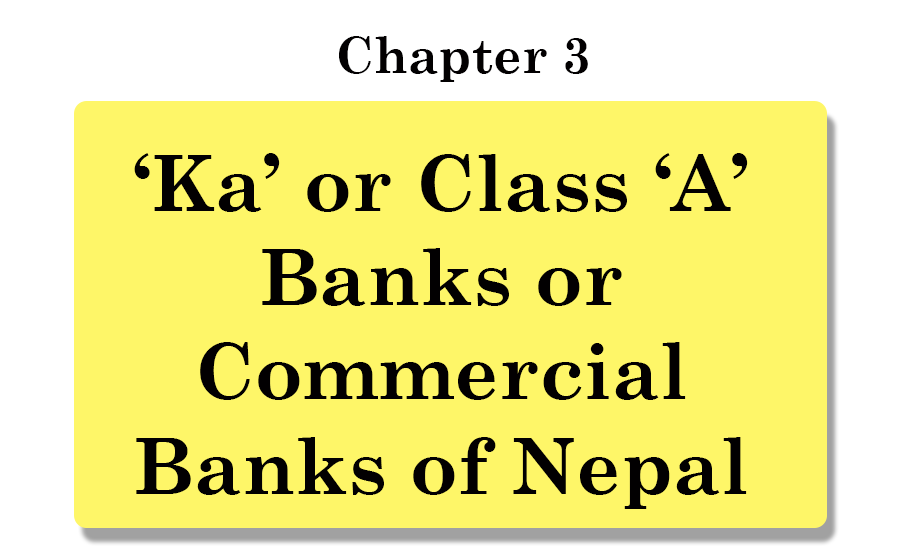Industry Life Cycle in Mergers and Acquisitions
Different businesses can be at different stages of operation in a business lifecycle. Generally, there are four stages of business operation. They are: These phases of business are determined by the sales it makes over the years. All these stages have some common characteristics related to investment, sales, cost, demand and product life stages. Merger … Read more










